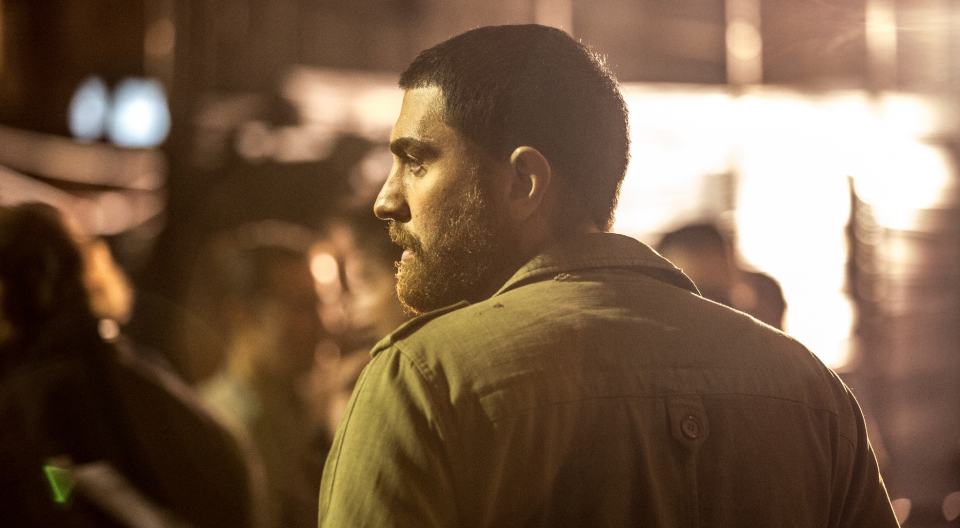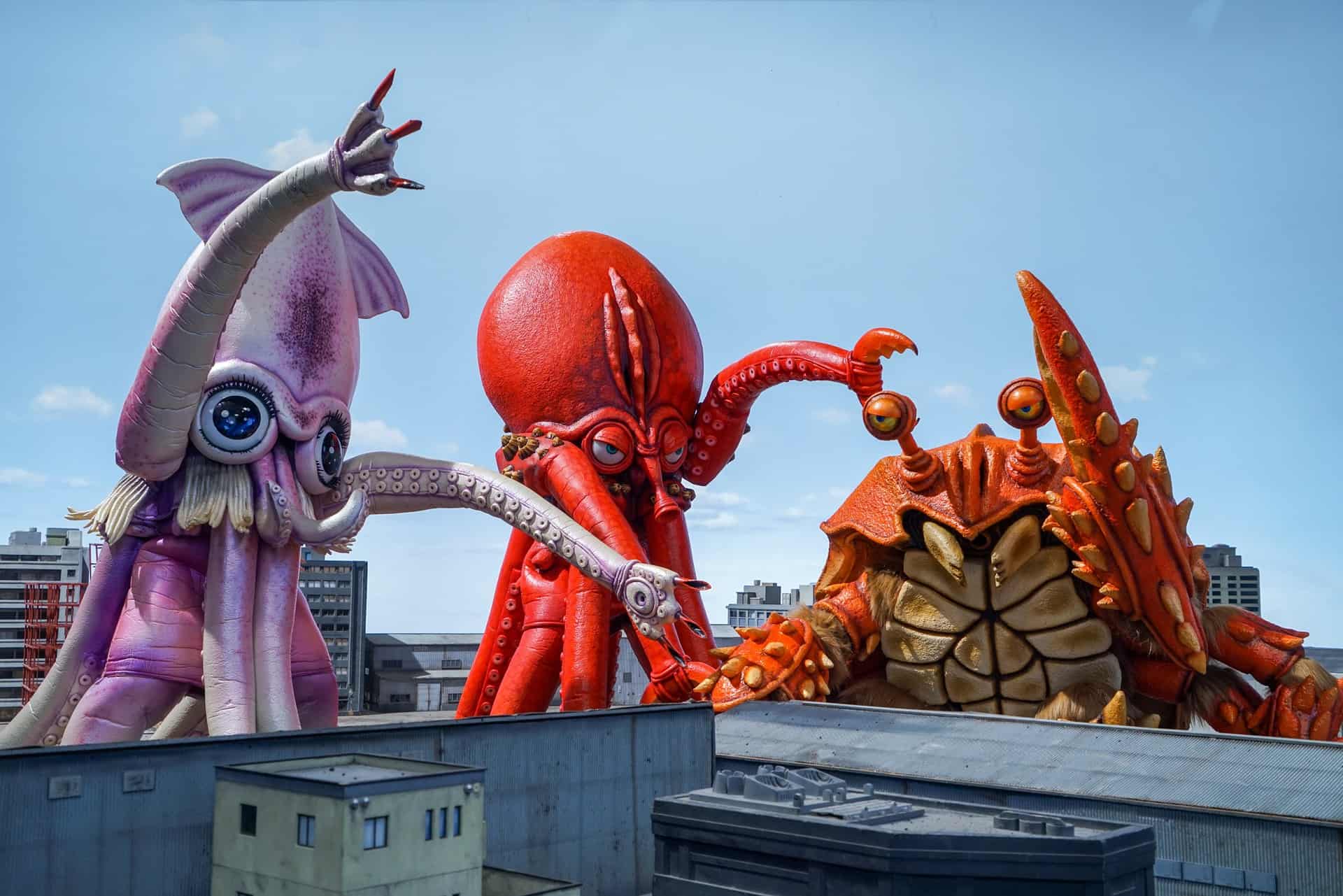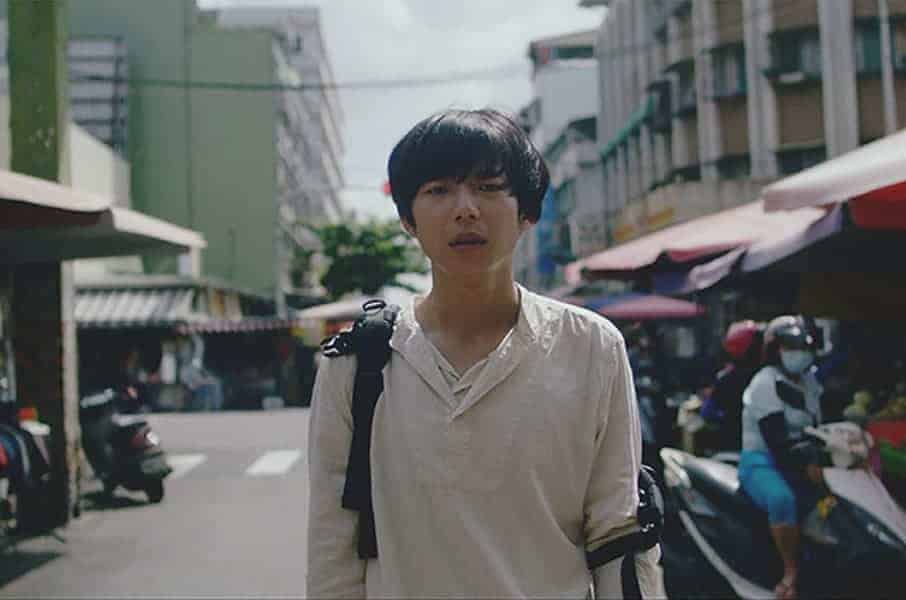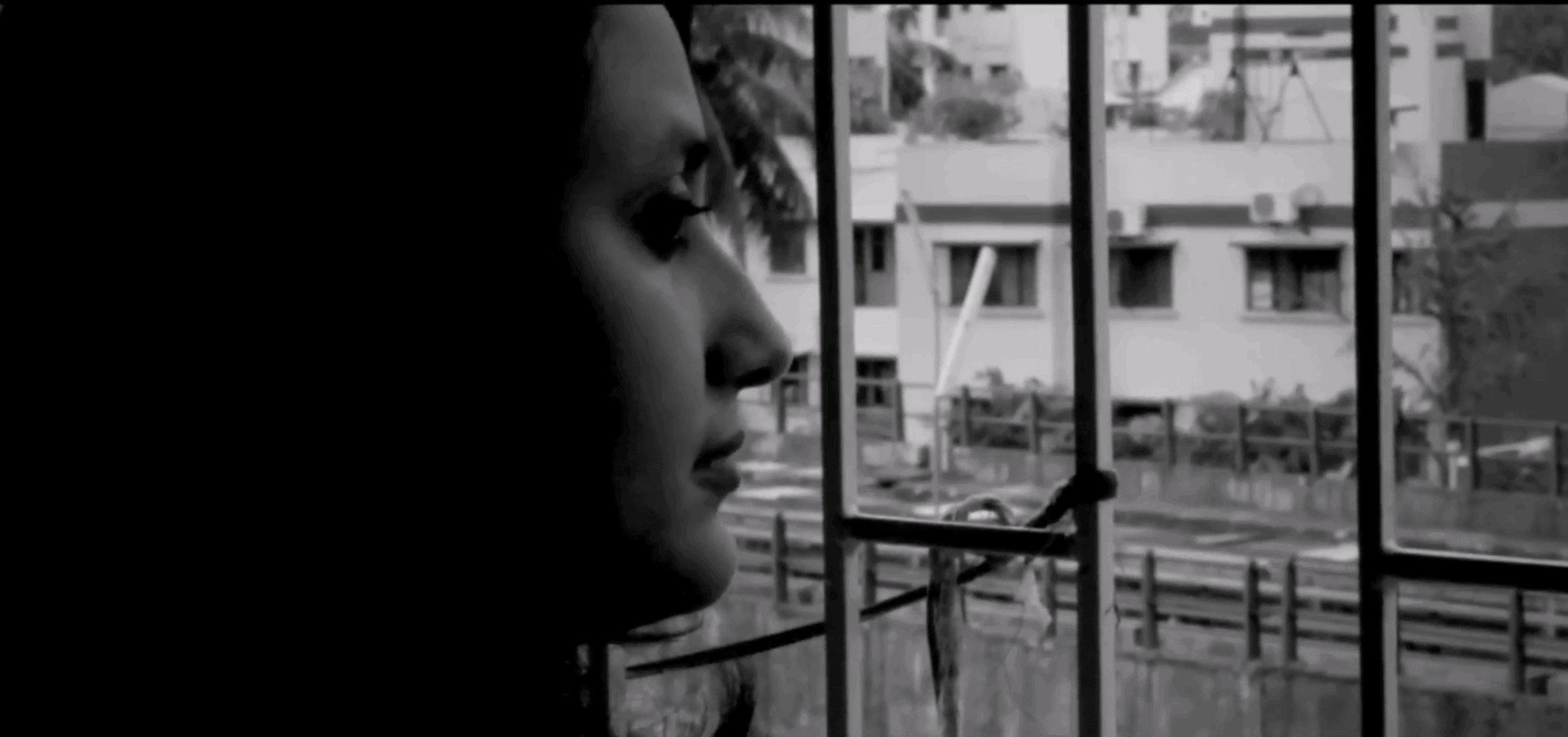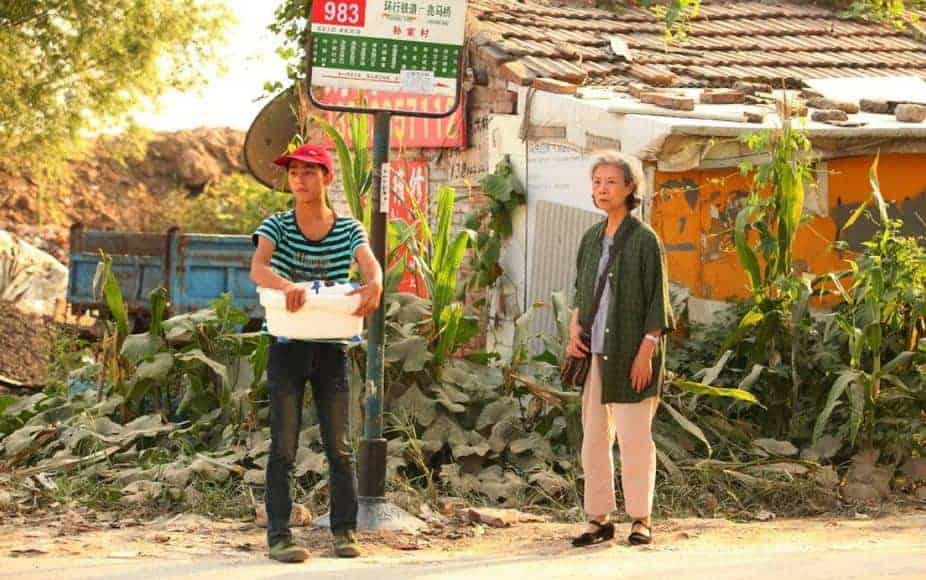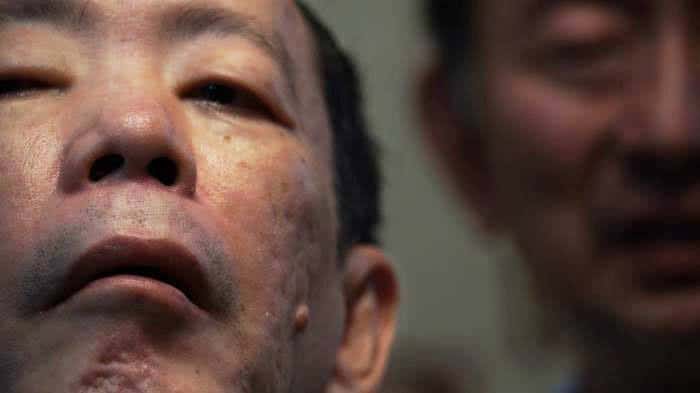While we are mostly quite confident in our moral strength and community, it often only takes intense pressure or a temptation from the outside to veer us from this path, influence us and turn us against one another. In his home country Iran, the duration of the economic and political sanctions, meant as a way to punish the regime for his unwillingness to comply to international policies, have become a burden for its society, according to director Abbas Amini. The image of the slaughterhouse with its hooks, its cold aesthetics and its inherent violence is a fitting metaphor for a time in which people feel an intense economic pressure and have to face unthinkable decisions, making the temptations of the “evil butcher” or rather those who have remained affluent, an attractive option for many. In his new feature “The Slaughterhouse”, a blend of social drama and thriller, Amini seeks to explore the question of how much it takes to make people forget certain moral ideals and fall for temptations.
“The Slaughterhouse” is screening at International Filmfestival Mannheim-Heidelberg
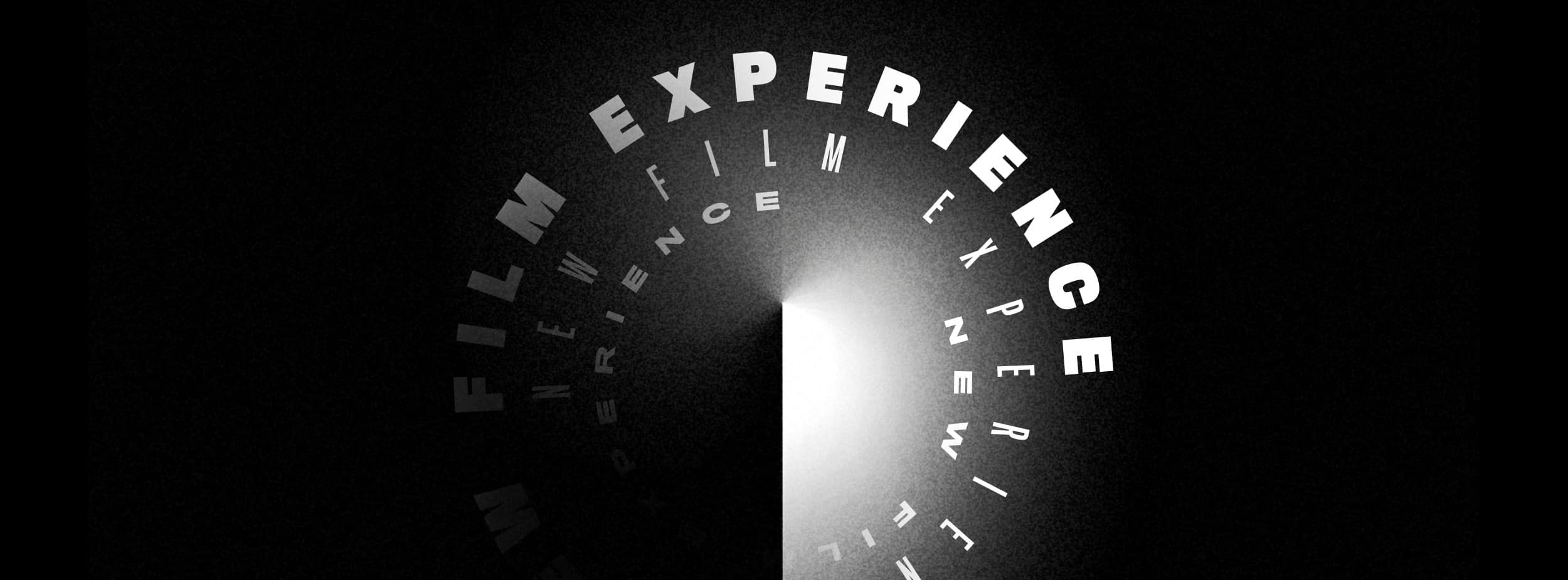
During one of his inspections rounds Abed (Hassan Pourshirazi), a guard at a meat factory stumbles upon the bodies of three men, who have frozen to death in one of the refrigerators. He quickly informs the owner of the factory, Motevalli (Mani Haghighi) and his son Amir (Amirhossein Fathi) to help him with the situation. While his son demands an explanation about what has happened to the three men, Motevalli is eager to have the situation fixed as soon as possible, ordering Amir and Abed to get rid of the bodies. Eventually, the three of them transport the bodies to Abed's family home, where they bury the dead.
While his father wants to forget about the events of the night, Amir is haunted by the images of the night and a guilty conscience, especially after the arrival of Asra (Baran Kosari), who, as it turns out, is the daughter of one the deceased and refuses to listen to the explanations and evasions of Amir and Abed. Meanwhile, Amir becomes involved with Motevalli's side business, the illegal trading of dollars and other currencies in the black market, and ends up not only making a lot of money himself, but also engaging in some quite dangerous assignment for the factory owner. However, as Asra refuses to give in and repeatedly demands answers about what has happened to her father, the pressure rises on Amir and Abed to come clean.
Considering Amini's aforementioned statement regarding his feature, the image of the slaughterhouse constitutes the symbolic framework of the story, a fitting metaphor for the world the film presents. Right from the start, especially upon observing him dealing with the situation, you might guess Motevalli is not as innocent as he may seem, since his repetitive assertions about the security system not working properly and his demand to fix the situation are, all in all, quite transparent. In the end, perhaps the question about who the perpetrator might be is not as interesting as the world or rather the system which allows them to act a certain way, and which makes people like Amir and Abed follow their orders, no matter how immoral or questionable they may be.
Within the story, written by Amini himself and co-author Hossein Farokzadeh, the image of the world surrounding the characters is quite bleak, just as cold and unforgiving as the slaughterhouse itself. The economic and political sanctions have not only manifested, but evidently intensified a class system, one which relies on control, obedience and financial necessity, which, in the end, is stronger than morals or humanity. While Amir and Abed become increasingly frustrated with the situation, their feeling of guilt and responsibility, resulting in quite a few heavy arguments between father and son, the rich, in this case Motevalli, remain untouched by such thoughts, going about their daily routine of making profit. Confident in the system rewarding them and how need can manipulate others, there is also no need for them to be subtle about their ways.
“The Slaughterhouse” is a blend of social drama and thriller whose message, bleak as it may be, shows the cruel logic of a system based on necessity and economic survival. Abbas Amini's feature cannot be viewed as a “whodunit” since the perpetrator is known, but rather as a study of the world which allows them to roam free and go about their business.


